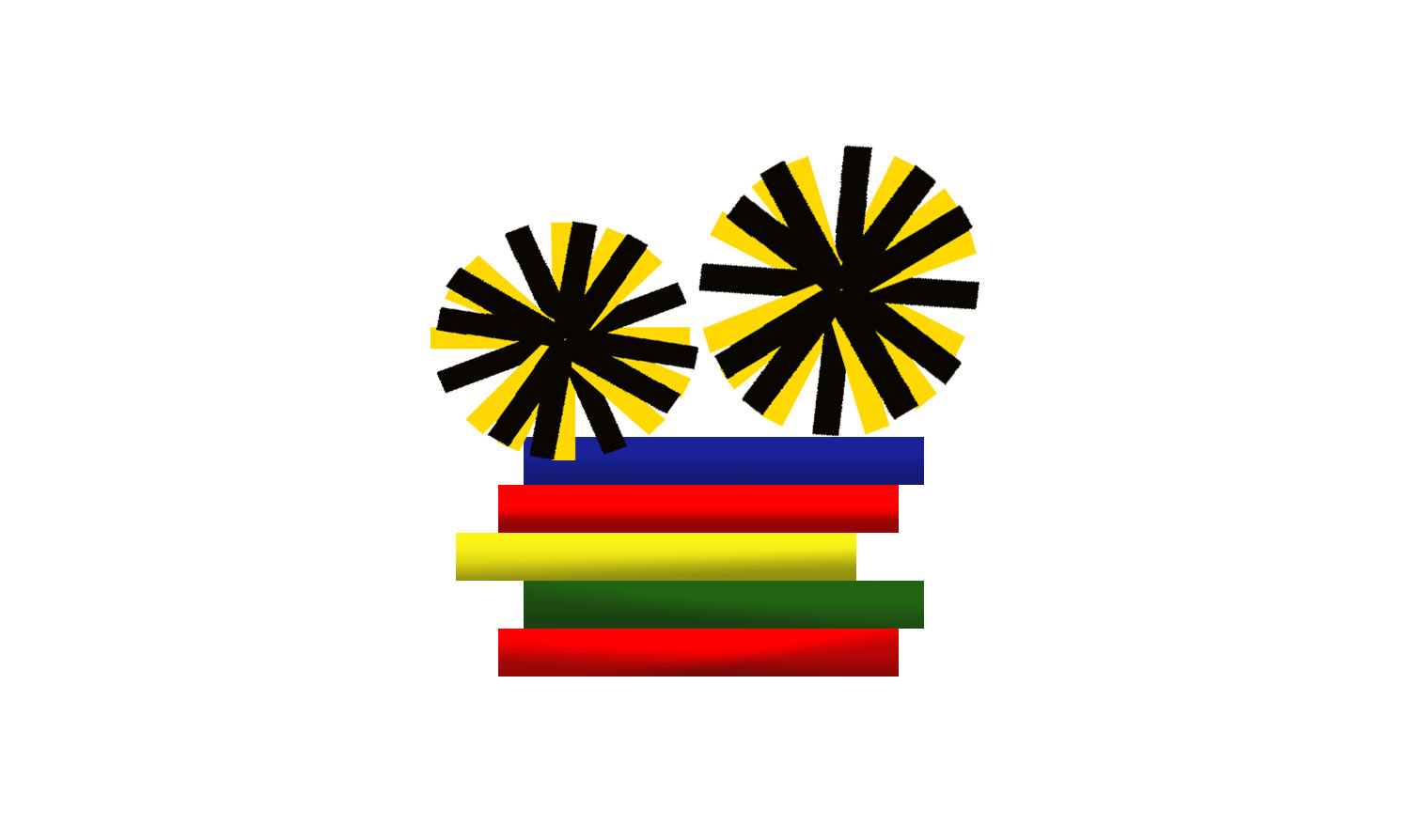Athletes Steer Away From False Stereotypes

Categories :
Focus
 Stereotypes can often debase the true value of a person and fail to reveal who he or she really is, but Peninsula students are determined not to let stereotypes that typically plague high school students define them. Juniors Hope Reveche, Miho Tanaka and Payton Chi know all too well the stereotypes that are commonly associated with them because of their sports, but they make sure not to let stereotypes affect them.
Stereotypes can often debase the true value of a person and fail to reveal who he or she really is, but Peninsula students are determined not to let stereotypes that typically plague high school students define them. Juniors Hope Reveche, Miho Tanaka and Payton Chi know all too well the stereotypes that are commonly associated with them because of their sports, but they make sure not to let stereotypes affect them.Song captain Reveche says that others make inaccurate assumptions as to what type of person she is based upon the characteristics that have been promoted by TV shows and movies. Cheerleaders are shown as cruel, vain or vacuous girls, while jocks are usually shown as dumb, buff or bullies.
“Cheerleaders and spirit squads are usually portrayed in movies and TV shows [as vain and airheaded], so the image has been adopted over time,” Reveche said. “In general, when I say I am on Pep Squad or am a Song captain, people may tend to think that we are just those loud, spirited people on the field at football games and an exclusive group of girls off the field.”
In reality, however, this is not the case. Outside of Pep Squad, Reveche is quiet, studious and hard-working. She takes rigorous classes at school and volunteers outside of school, characteristics which contradict the image of a typical cheerleader.
“The stereotype of cheerleaders having lower than average intelligence is completely untrue,” Reveche said. “Most of the ditzy characters in books, shows and movies are exaggerated for comedic effect.”
Along with knowledge, Reveche also values kindness, a conflicting value with the perceived brutality that some people believe spirit squads have. Cheerleader Miho Tanaka also believes kindness and consideration to be the keys to every person’s character.
“I believe everyone should be kind and courteous to others, and being a cheerleader does not make you any more special than others,” Tanaka said. “Just because we play a certain sport does not mean we are excused from common human decency.”
Similar to how cheerleaders are stereotyped in books and on television, football player and wrestler Chi also had to deal with overcoming stereotypes regarding the sports he plays. While Chi was judged because of his small stature, he continued to work hard to play the sport he loved.
“I was only about 5 feet and 100 pounds as a freshman, so I was much smaller than the other players,” Chi said. “I overcame these stereotypes by not caring about [other people], and instead just enjoyed the sport and tried my best.”
Chi believes that his size does not necessarily affect his athletic abilities as much as other people might believe.
“People are often surprised when I tell them which sports I play, because football and wrestling are usually sports played by bigger guys,” Chi said. “A typical football player is tall and fairly muscular depending on position, and wrestlers are usually on the bigger side too.”
Although overcoming stereotypes may have been difficult, Chi has been able to positively grown as a person and as a competitor.
“I think [breaking the stereotype] has really helped me, and I have learned not to care too much about what others think,” Chi said.
Tanaka also believes that letting go of stereotypes has helped her become who she is.
“Being a part of such a welcoming team of cheerleaders helped make me [more] comfortable expressing myself,” Tanaka said. “I was able to break away from cheerleader stereotypes which helped me gain a lot of confidence in who I am.”
These students are able to show their true talents and athletic abilities by separating themselves from the stereotype of their sport.
“I think it is very important to not let stereotypes define who you are, and to continue to be the best version of yourself that you can be, no matter what others say or think about you,” Reveche said.

